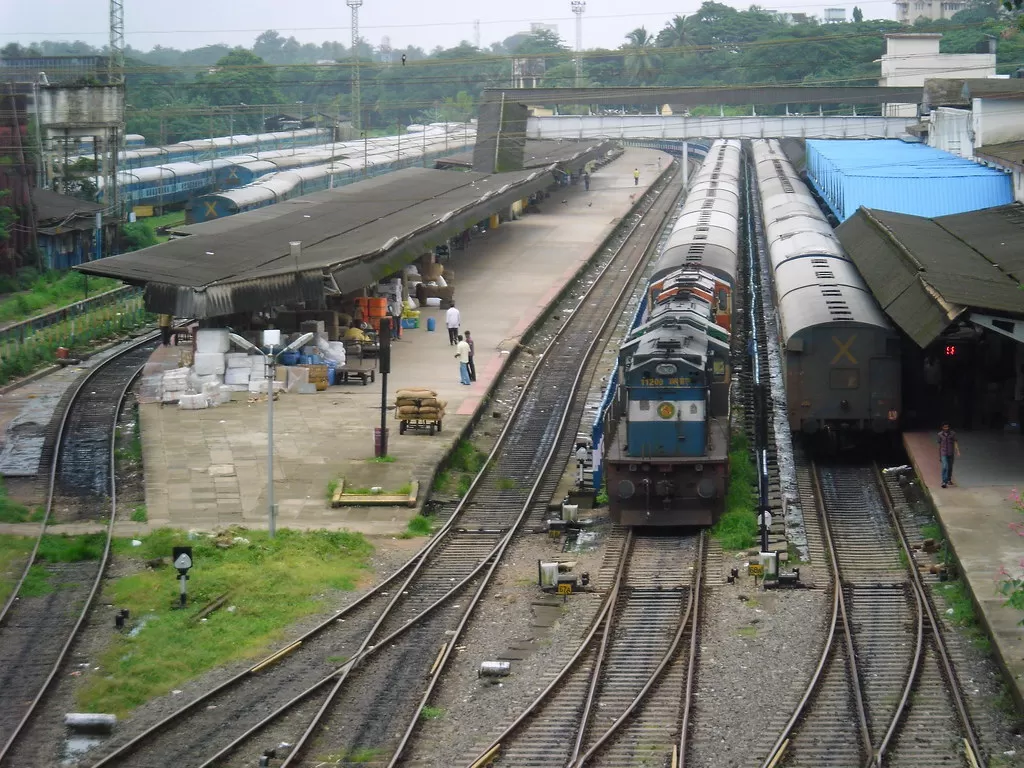
Brigade Group Commits Rs 15 Billion Investment in Kerala at Global Summit

PM Modi Launches Aviation, Power & Road Projects Worth Rs 99 Bn
Prime Minister Narendra Modi visited Haryana on Monday, 14 April, to launch a series of key infrastructure and connectivity initiatives aimed at enhancing the state's aviation, power, and transport sectors. In Hisar, he flagged off the first commercial flight from Hisar to Ayodhya and laid the foundation stone for a new terminal building at Maharaja Agrasen Airport. The new terminal, estimated to cost over Rs 4.10 billion, was planned to include a modern passenger terminal, cargo handling facilities, and an air traffic control tower. The introduction of scheduled flights from Hisar to Ayodhy..

Ashoka Buildcon Wins Rs 5.68 Bn Central Railway Project Bid
Ashoka Buildcon has participated in the bidding process for a significant infrastructure project involving the construction of Earth Work, Major Bridges, Minor Bridges, Rubs, P Way Work, and various Miscellaneous Civil Works. This project is part of the Gauge Conversion work between Pachora and Jamner, covering a stretch of approximately 53.3 km. The scope of the work excludes the Pachora Yard and the Road Over Bridges, and it is being executed in connection with the Central Railway’s plans for upgrading the railway infrastructure. After a detailed evaluation process, Ashoka Buildcon emerg..

Vaishnaw Reviews Puri-Konark Rail Line Project Progress
The long-anticipated Puri-Konark rail line is progressing as land acquisition for the project is underway. The Union Railway Ministry has stated that the acquisition process is expected to conclude within the next 12 to 16 months, after which construction work will begin. This development will enhance connectivity between Puri and Konark, two major tourist destinations. In addition to the rail line project, the on-going redevelopment of Puri Railway Station is also a focal point. Since 2023, the station has been undergoing an upgrade under the Amrit Station Scheme. The goal is to create a wor..














